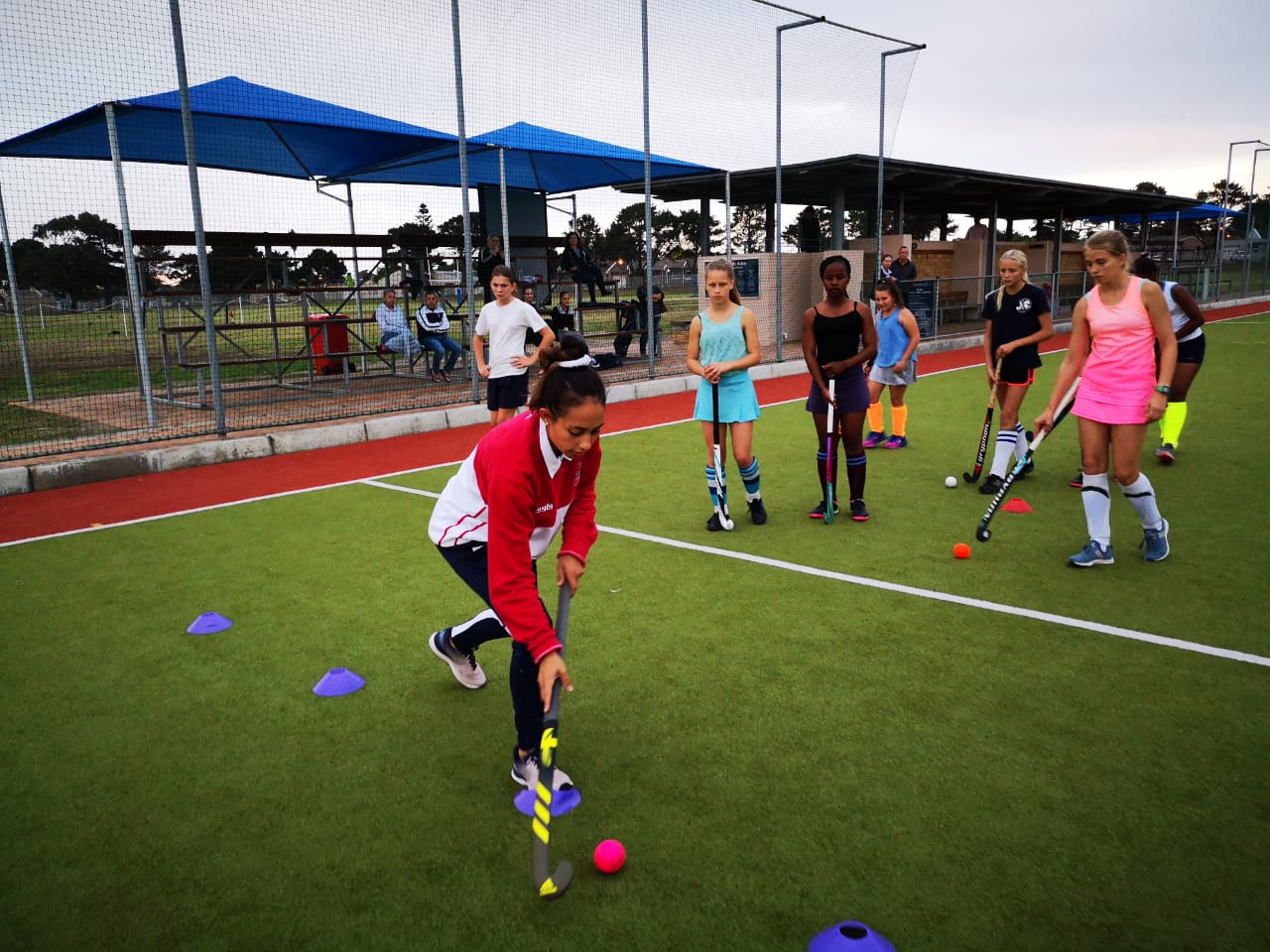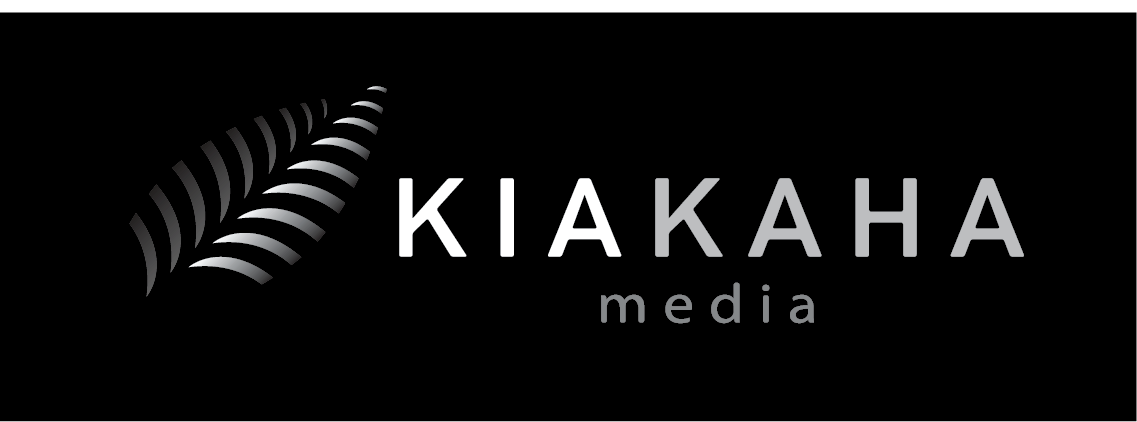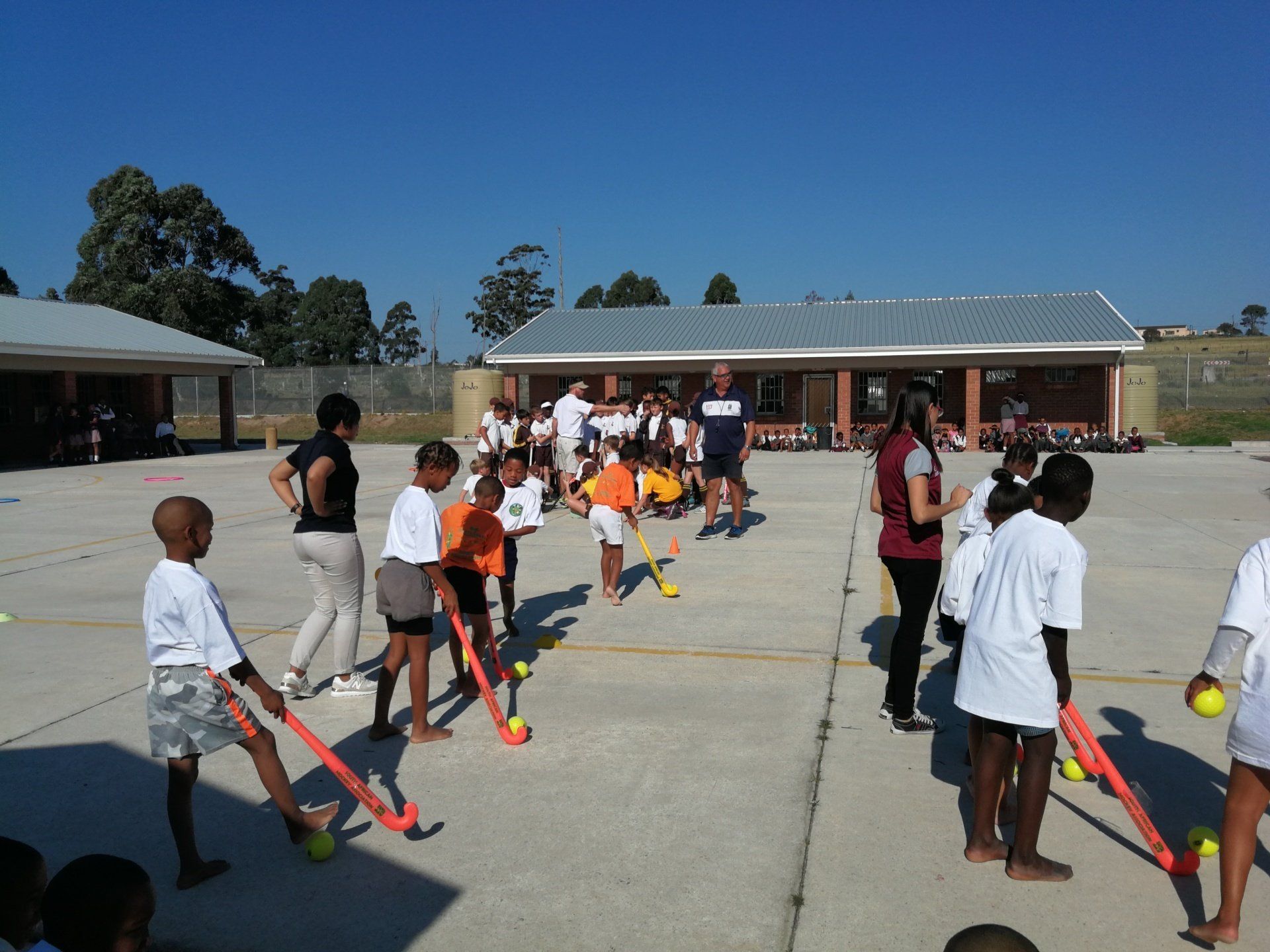Increasing the number of teachers and coaches who can deliver high quality hockey training to children within both the school and club setting is at the heart of South Africa Hockey Association’s (SAHA) re-imagined coaching framework.
Primary school teachers, junior club coaches, sport and physical education students, aspiring sports coaches and youth sports volunteers are all being offered the chance to increase their knowledge and skills so they can become part of a country-wide hockey workforce.
The level 0 coaching course will introduce some fundamental hockey coaching principles to coaches who are new to the sport. These will include: how to create a safe and fair playing environment for players at beginner’s level; the development characteristics of beginners - physiological and psychological; and how to plan and implement modified games for beginners.
Armed with that knowledge, teachers and coaches across the country will join the SAHA in spreading hockey among young children in all communities. This is a big step forwards in the ambition to make hockey a sport that is relevant to all sections of South African society.
Accessibility is always an issue in a country as vast as South Africa, so the SAHA has embraced the digital revolution and will be delivering a total of 30 online courses, for coaches and technical officials, that will be accessible across all nine provinces. There will be no need for the coaches – many of them from poor communities - to undertake time-consuming and costly journeys to one central coaching hub.
Robyn Morgan is chairperson of the SAHA Education Sub-Committee and she says: “To ensure a diversity of coaches benefit from across the entire country we are targeting 2,000 primary schools. For schools in a more rural environment we will run the courses privately for their school alone so the teachers can all gather at school where there is access to WIFI in order to participate in the course.”
The coaching courses offered by the SAHA’s coaching framework will focus on giving the aspiring coaches the knowledge and experience to teach children the basic skills of the game.
The first courses being offered are Level 0 and 1. The Level 1 course is aimed at coaches working with early years secondary school pupils and at adult clubs as part of a larger coaching structure. Behind the drive to educate the teachers in hockey skills is to ensure hockey is an integral part of the national primary school physical education curriculum. Up skilling teachers in this way will help primary school teachers and those delivering hockey at secondary school and grass roots or community club level to become confident and adept at delivering the sport in a safe and progressive manner.
There is also a clear pathway for progression. This starts with coaching fundamental skills to young children right through to coaching the senior international teams. The coaching qualifications offered by SAHA progress and then intersect neatly with the FIH High Performance Coaching pathway.
Delivering the online courses will be a host of SAHA Accredited Educators. Morgan explains that besides that team of Educators, there will be a further group of coach facilitators who are currently undergoing an Educator training (refresher) course. SAHA is offering a similar training course to Educators from across the Africa Hockey Federation.
She says, while most people will fund themselves through the courses, there are some courses that are done as part of the National Capacity Building Program, which are covered by SAHA. The first of the online courses started in mid-June and the entire programme will be rolled out over the coming months. With a maximum of 15 people on each course, the South African hockey coaching fraternity will be swelling significantly.
“Our aim,” says Morgan, “is to get all teachers and coaches within a primary school environment properly trained up and equipped to coach the correct fundamental skills of hockey. By doing this we are creating a stronger base from where to work going forward.”
Robyn and her team are well aware that online courses can never completely replace hands-on physical coaching and learning, but with creative use of videos and the communication skills of the presenters, much of the theory behind coaching can be delivered in a way that is safe during the present pandemic situation and accessible for those who find travelling to courses an expense that is tough to meet.
It is a fine balancing act that the hockey coaching community is learning to perform with adeptness and agility.




